AESA PROGRAMMES
- Building R&D Infrastructure
- Developing Excellence in Leadership, Training and Science in Africa (DELTAS Africa)
- Human Heredity and Health in Africa (H3Africa)
- Africa’s Scientific Priorities (ASP)
- Innovation & Entrepreneurship
- Grand Challenges Africa
- Grand Challenges Innovation Network
- Rising Research Leaders/Post-Docs
- AESA RISE Postdoctoral Fellowship Programme
- African Postdoctoral Training Initiative (APTI)
- Climate Impact Research Capacity and Leadership Enhancement (CIRCLE)
- Climate Research for Development (CR4D)
- Future Leaders – African Independent Research (FLAIR)
- Critical Gaps In Science
- Clinical Trials Community (CTC)
- Community & Public Engagement
- Mobility Schemes: Africa-India Mobility Fund
- Mobility Schemes: Science and Language Mobility Scheme Africa
- Research Management Programme in Africa (ReMPro Africa)
- Science Communication/Africa Science Desk (ASD)
- Financial Governance: Global Grant Community (GGC)
- AAS Open Research
- CARI Programmes
- Evidence Leaders Africa (ELA)
Research Management Programme in Africa (ReMPro Africa)
The African Academy of Sciences (The AAS) Research Management Programme in Africa (ReMPro Africa) developed good practice standards that assisted African research institutions with benchmarking and improving their research systems and enabled funders to assess institutions they fund, may fund, and/or desire to strengthen. Research management consisted of any action that an institution can take to improve the effectiveness of its researchers, but which is not part of the research process itself.
ReMPro Africa begun in 2016 with the launch of a process to develop standards for Good Financial Grant Practices (GFGP). Members of the African Organization for Standardization unanimously voted in favour of adoption of the Final Draft African Standard for the GFGP in June 2018, and the GFGP became a new international standard, ARS 1651:2018. The next stage was to develop an international standard for Good Research Management Practice (GRMP) mirrored on the GFGP process.
-
The International Research Management Staff Development Programme (IRMSDP) contributed to the Research Management Programme in Africa (ReMPro Africa)’ s fourth strand on developing individual capacity of research management staff. Implemented in collaboration with ARMA (UK), IRMSDP sits at ReMPro Africa, which was a programme of Alliance for Accelerating Excellence in Science in Africa (AESA), created through a partnership between the African Academy of Sciences (AAS), African Union Development Agency (AUDA-NEPAD), and global partners.
IRMSDP was a practical skills and cultural learning programme for both the UK and African research managers focused on knowledge sharing between individuals and the development of tools and resources for the wider research management community, co-created by international teams consisting of research management professionals from the two respective regions.
ReMPro Africa sought to build the expertise necessary to create and sustain robust research enterprises and environments by addressing systemic level challenges at African institutions. ReMPro Africa was implemented through AESA with the support of Wellcome, United Kingdom Foreign, Commonwealth and Development Office (FCDO formerly DFID), UK Research and Innovation (UKRI), and the UK Department of Health and Social Care (UK-DHSC).
Meet the Team
The International Research Management Staff Development Programme (IRSMDP) was an initiative of the AAS, that was implemented in collaboration with ARMA. The IRSMDP contributed to ReMPro’s 4th strand of developing individual capacity of research management staff. IRMSDP was a practical skills and cultural learning programme for both the UK and African research managers focusing on knowledge sharing between individuals and the development of tools and resources for the wider research management community, co-created by international teams consisting of research management professionals from the two respective regions. The programme was completed.
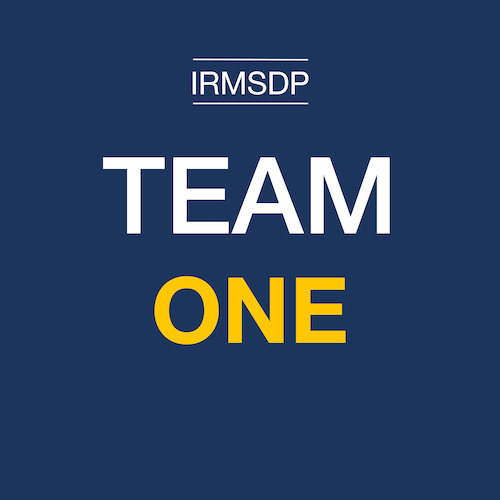 Led by Bas Rijnen & Kate Clift
Led by Bas Rijnen & Kate Clift Various Countries
Project Title: TREMOR – Toolkit for Early-career Research Managers Online Resource.
Early Career Research Managers (ECRM) often enter the Research Management (RM) sphere without previous knowledge of the processes and actions involved in the Grant Management (GM) function. This collaborative project seeks to develop practical tools and resources in Research Management for (ECRMs) with a focus on GM, both pre- and post- award, as an essential function within a Research Office. It will increase knowledge and capacity in this function and strengthen cultural understanding and collaborations between UK and African universities. Access to this toolkit will build the capacity of ECRMs. The online toolkit will provide ECRMs with guidance on the support required by researchers when they apply for national and international grants. It will include online resources, guidelines, practical tools and learning offerings (such as workshops, webinars and/or podcasts) around key areas of support throughout the pre-award and post-award processes.
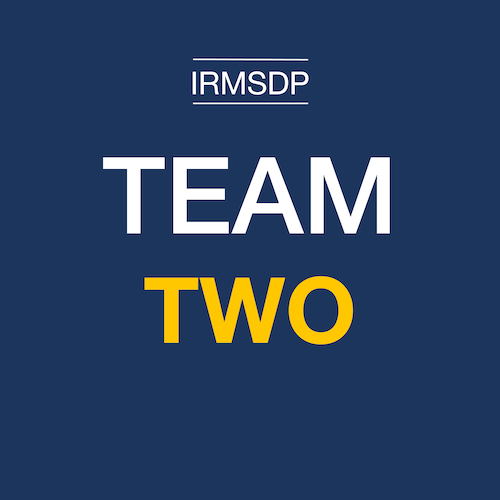 Led by Madara Ogot & Clare Turner
Led by Madara Ogot & Clare Turner Various Countries
Project Title: Research Communication for Impact
Our team will focus on the effective communication of research outcomes to lay audiences, specifically focussing on policy makers, and engagement with industry. We will create resources for academics, research managers and other university colleagues that will support them to communicate research out to non-academic audiences. We believe that the effective communication of research will increase dialogue with key stakeholders, such as policy makers, funders and industry. It will also help to demystify research activity to local communities and lay audiences. The project builds on work already carried out by the University of Nairobi and EARIMA on their policy brief platform.
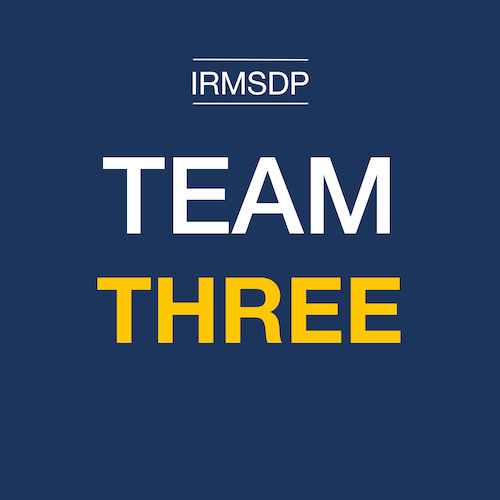 Led by Grace McConnell & Thokozile Mashaah
Led by Grace McConnell & Thokozile Mashaah Various Countries
Project Title: Improving pre-award tracking and collaboration: the language of research development
The purpose of this project is to encourage and improve the shared language, process and resource use of pre-award services between UK and Zimbabwean institutions to ensure that our dialogues are more equitable, effective, and efficient. Language is a foundation for effective communication so our project will develop a matrix of pre-award terminology, best practice guidance for implementing monitoring of pre-award terms and the recommendations on software to undertake these activities. It will allow institutions to better engage other research offices for ongoing research applications and encourage stronger relationships between research managers. Having knowledge of applications within and across Zimbabwean universities and their devolved units will allow managers to make connections between potential collaborators and communicate them easily with UK partners. In delivering this project, our team will engage with UK and Zimbabwean universities, research management associations and funders to connect the language of research development across our networks.
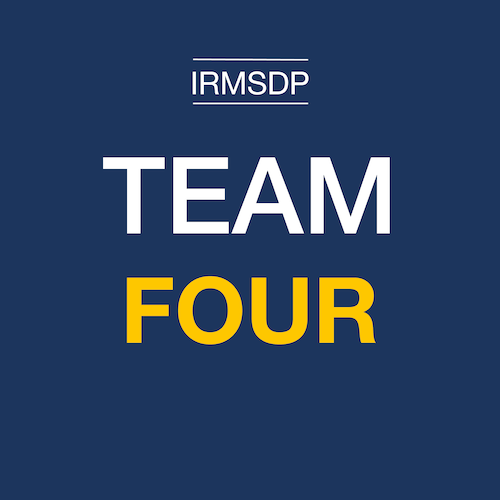 Led by Grace Mwashigadi & Anna Brown
Led by Grace Mwashigadi & Anna Brown Various Countries
Project Title: A Competencies Tool Kit for Research Managers and Administrators
Research Managers and Administrators play an important role in facilitating global health research. There is however a significant gap in their professional development to meet the demands of the dynamic research environment. Limited training and collaboration opportunities impacts their professional development and career trajectory. Tailored capacity building and structured collaboration opportunities are needed to address this gap. This joint project aims to develop a competencies tool-kit using a human centred design approach in the respective institutions. The team will work collaboratively, exchanging knowledge, experiences and best practice to put together information and resources for selected competencies and provide guidance on pathways to acquire the recommended competencies. The tool-kit will be a resourceful reference and learning source for research managers and administrators to find information on various competencies that are needed to be an effective manager.
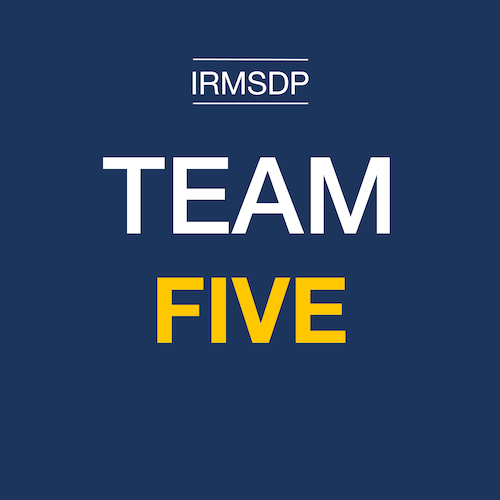 Led by Sashin Harilall & Helen Coskeran
Led by Sashin Harilall & Helen Coskeran Various Countries
Project Title: Cradle to Grave: A Research and Programme Management Knowledge-sharing Series
The SANTHE-GCRF GROW team will develop and run five workshops hosted at the University of Leeds and the Africa Health Research Institute and/or the Botswana-Harvard AIDS Institute Partnership covering the research grant lifetime from design to postimplementation. The workshops will examine:
- Similarities and Differences in the Research Funding Landscape: Case study of the UK versus Southern Africa –
- Designing a Lasting and Equitable Research Legacy: -
- Pre-Award Project Design and Post-Award Implementation: Case studies of programme design pitfalls
- Collaborative implementation, reporting and close-out –
- Measuring the Impact of Staff Secondments and Tracking Skills Development
We will invite 30-50 participants from our respective institutions, programmes and funding cohorts. The aim is for this cohort to engage in all five workshops, sharing knowledge and best practice in the above areas and forming the basis of an international network of research managers that will go beyond the IRMSDP initiative.
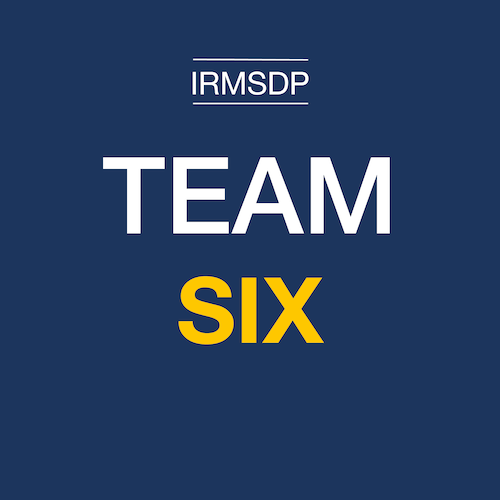 Led by Simon Glasser & Victoria Nembaware
Led by Simon Glasser & Victoria Nembaware Various Countries
Project Title: Building sustainable management and administration capacity across project lifecycles through competency-based training and knowledge exchange activities
By bringing together research development and research management expertise this project will address the barriers to conducting north-south and south-south collaborations. Recognising the operational and infrastructural challenges faced by research managers and administrators (RMAs), it will develop their capacity to build and deliver research partnerships professionally and fairly across countries and continents. Primarily focused on competency-based training and resource/best practices identification and development for African RMAs it also targets donor country RMAs, where a better understanding of the local context in which their partners operate is vital in order to strengthen collaboration and impact. Short term outcomes include a knowledge/skills gap scoping study, a staff visit module/framework, a virtual knowledge exchange workshop and a draft training curriculum. Through further development of e.g. curricula, shared resources, improved networks, increased institutional knowledge and evidence-based practices, this will enable the longer-term impact of increased capacity of African institutions to sustainably deliver research programmes